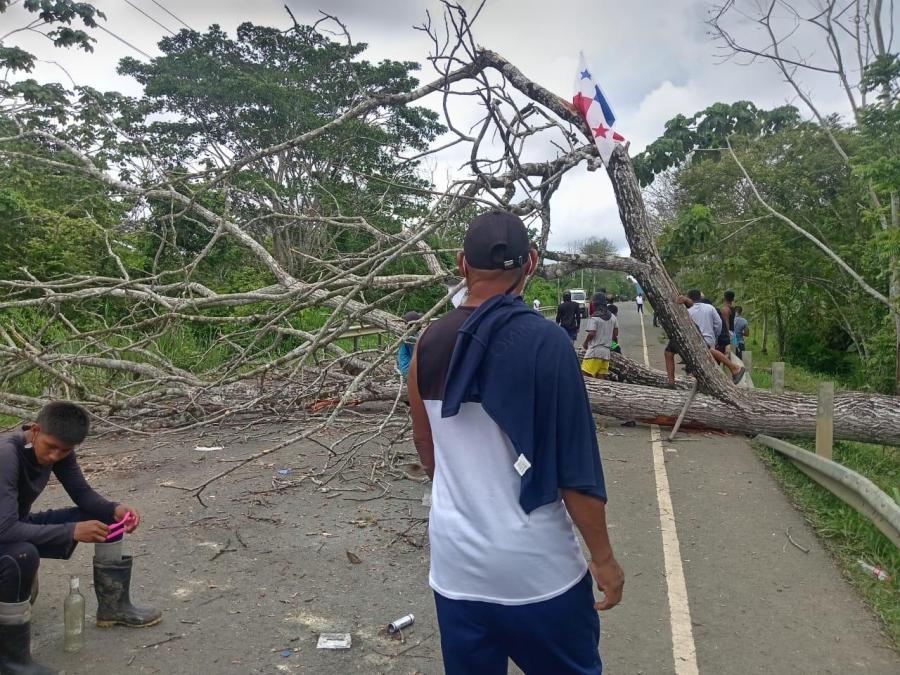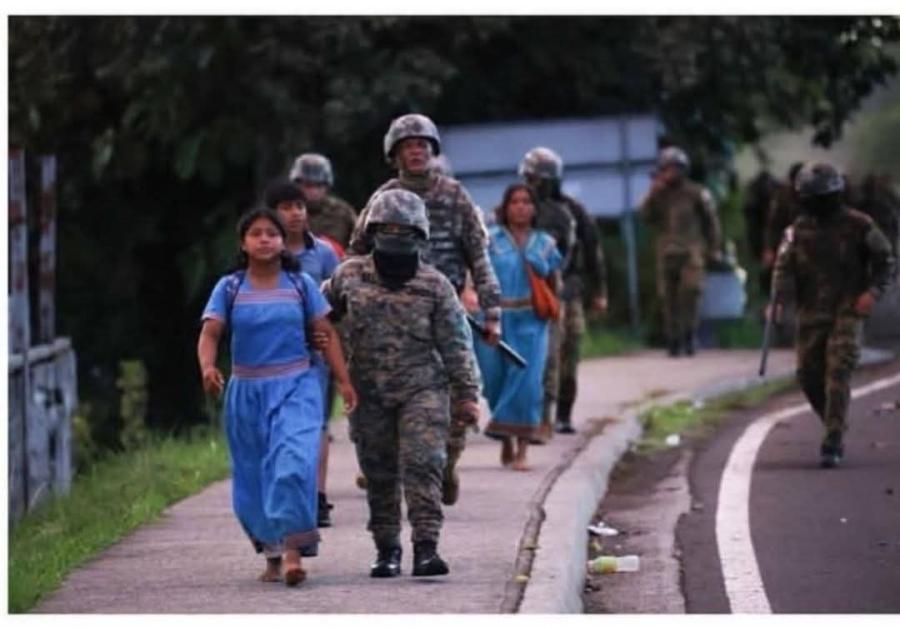
By Alex Glomset
On May 6, 2015, the delegation of Panama came before United Nations Human Rights Council during the 22nd session of the Universal Periodic Review to address its human rights violations and the progress that it had made since its initial review in 2010. The Universal Periodic Review is a charter-based human rights mechanism that reviews each member state of the United Nations to determine their human rights performance. The Universal Periodic Review is currently in its second session, and reviews each State every 3.5 or so years. Cultural Survival also submitted a stakeholder’s report on Indigenous rights violations in Panama.
During the review, the delegation of Panama began by addressing areas of progress such as combating discrimination against Afro-Panamanians and Indigenous Peoples as well as the solidity of environmental laws, creation of a strategy to combat poverty, and improving healthcare, education, and infrastructure. The delegation of Panama also added that it had been considering the ratification of ILO Convention 169.
Once the floor opened up to other delegations for comments and recommendations, it was clear that there was room for improvement in the areas of women’s rights, rights of Afro-Panamanians and Indigenous Peoples, children’s rights, and poverty.
Peru, the Philippines, Sierra Leone, and Brazil all noted the necessity for the ratification of ILO Convention 169 to ensure the rights of Indigenous Peoples were upheld. France, Venezuela, Germany, Ireland, Sierra Leone, and many other countries recommended a need to end discrimination in Panama. Whether it be towards Indigenous Peoples, Afro-Panamanians, women, or other vulnerable groups, many countries were concerned about the level of discrimination and lack of equal opportunities towards certain groups in Panama.
Ecuador recommended that Panama combat the high rates of illiteracy, particularly the rates of illiteracy amongst Indigenous women. Honduras and the Ukraine recommended that Panama support Indigenous children further. Spain noted that access to fresh water in rural areas was an alarming issue, especially for Indigenous communities. Sweden noted its concern about the number of children under the legal age of work in Panama was shocking. The rate of under-aged employed Indigenous children between the ages of 5-17 had increased to 25 percent.
The Panamanian delegation did not comment on any of the Indigenous Peoples related recommendations halfway during the proceedings, when they chose to address other issues that had been brought up. However, the delegation returned return to the rights of Indigenous Peoples at the end of the review. The delegation noted the necessity to strengthen its Indigenous Peoples’ traditional structures as well as improving relations with Indigenous communities through promoting sovereignty and economic development. Efforts to increase the birth registry of children living in rural areas were also discussed.
On May 8, when Panama spoke again on the adoption of its review, it noted with pleasure that it had accepted nearly 90 percent of the recommendations and were considering the remaining 10 percent. The delegation failed to mention Indigenous Peoples during its adoption and focused on other issues.
There are many issues related to Indigenous rights in Panama. Some of these issues such as education and birth registry were given a large and thorough discussion. However, it is alarming that issues such as discrimination which stem from structural inequality and flaws in the Panamanian government or legal system were hardly discussed.


